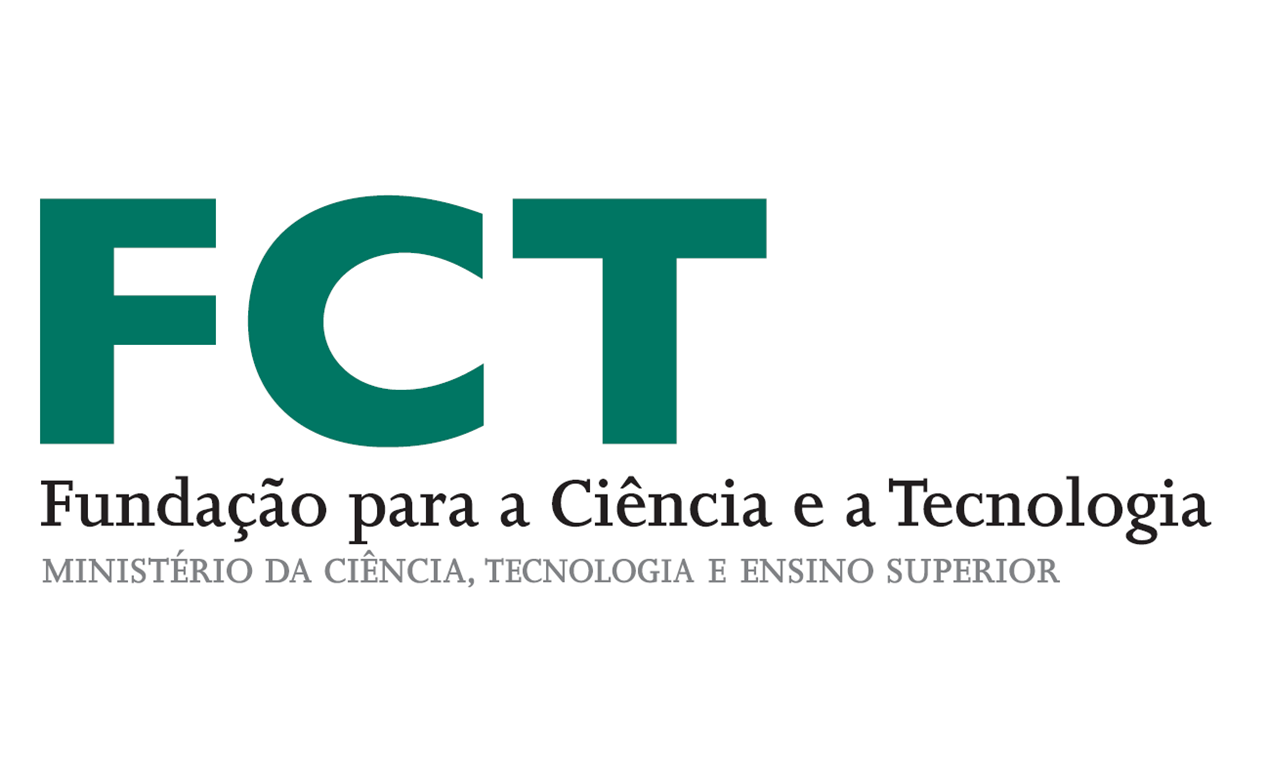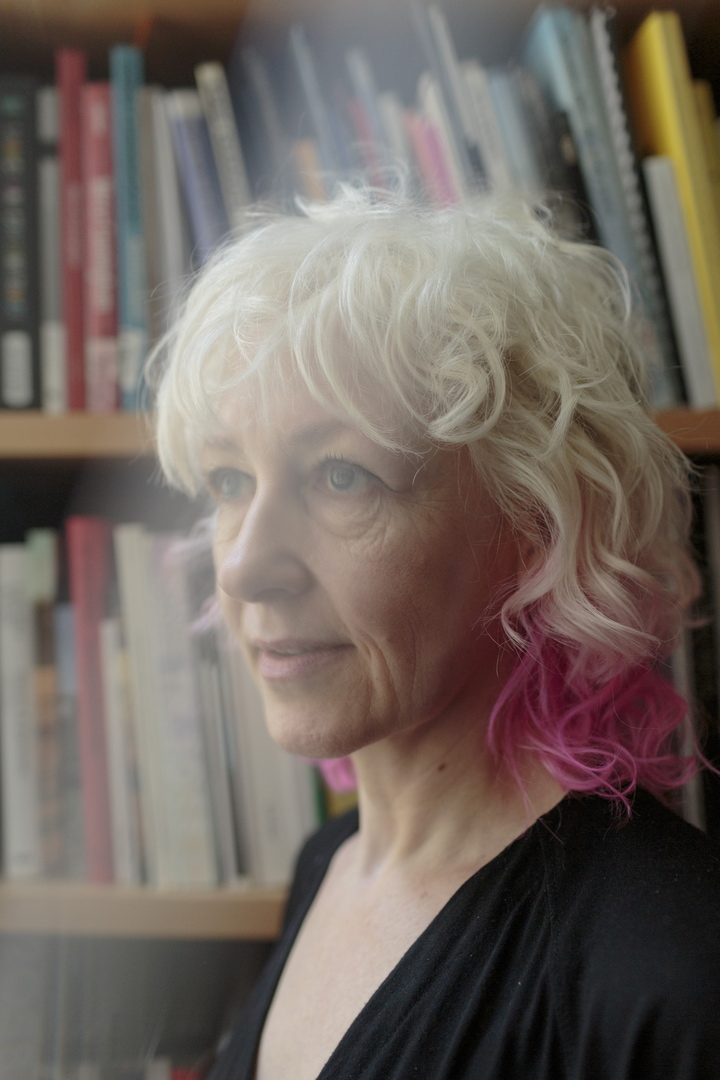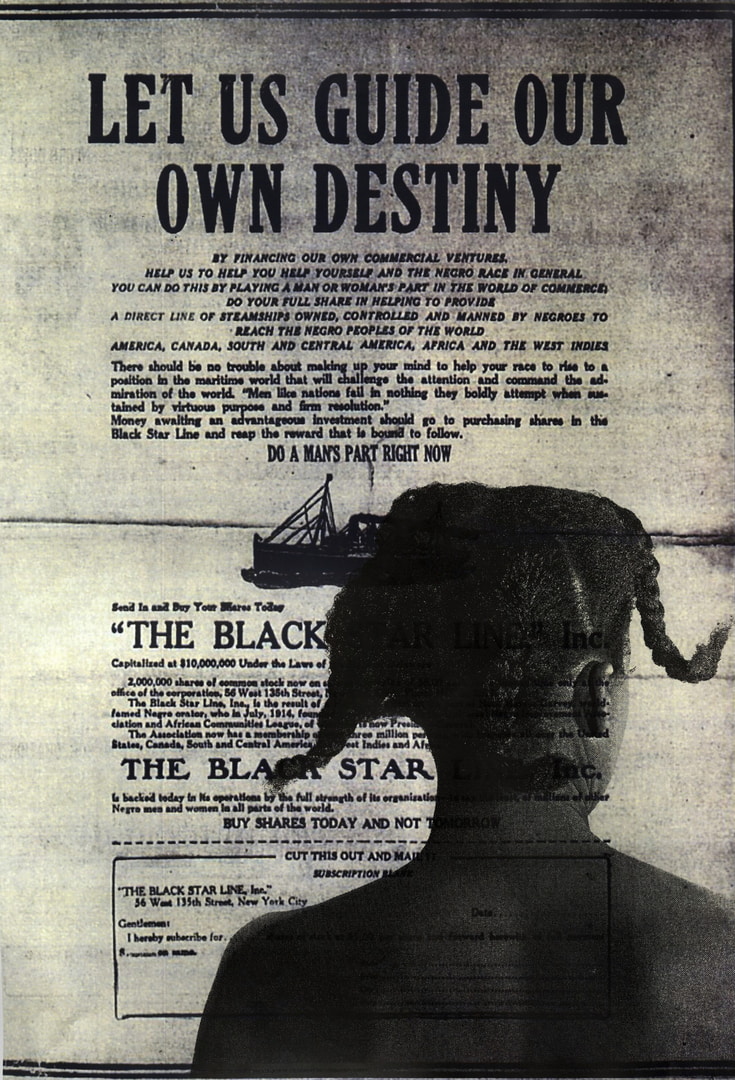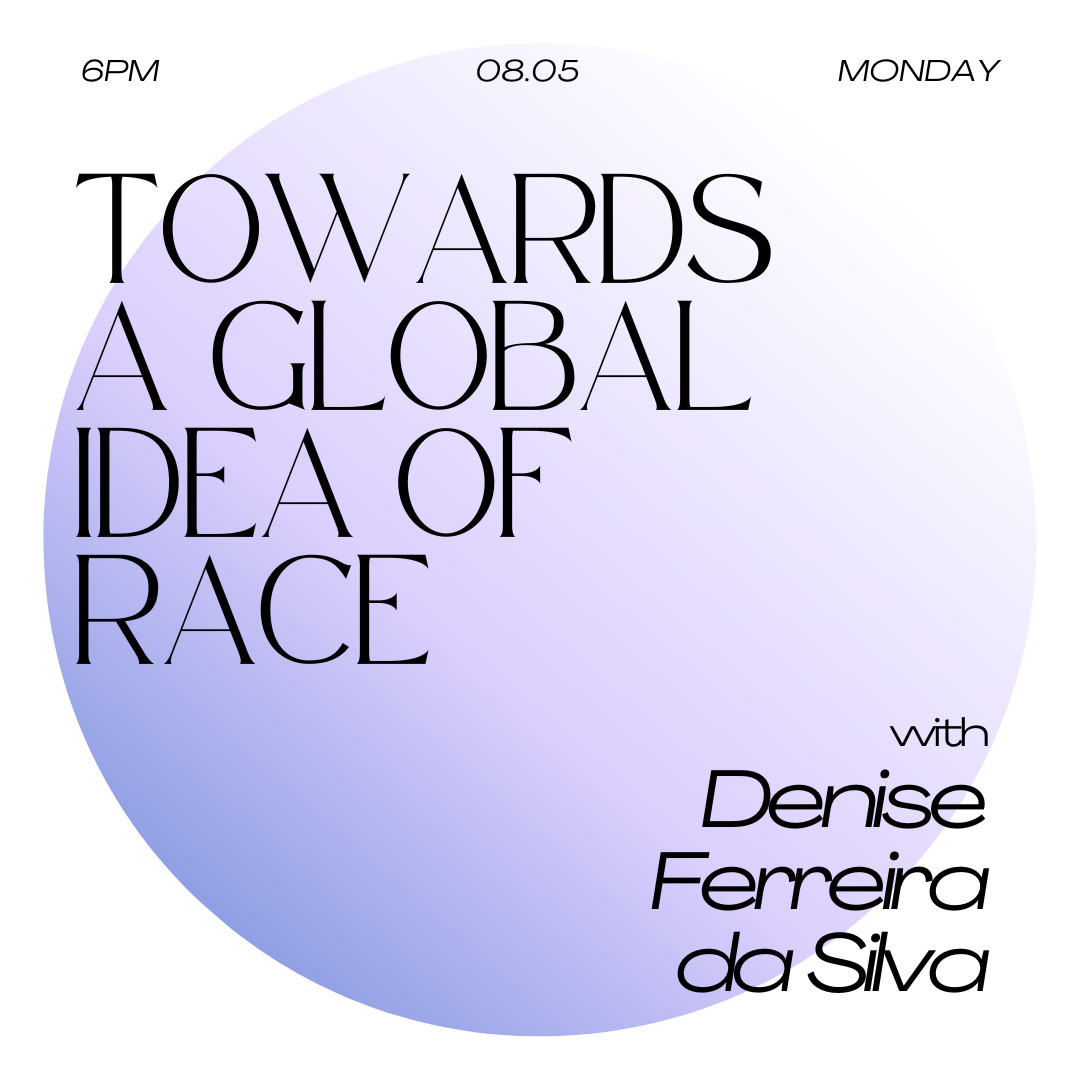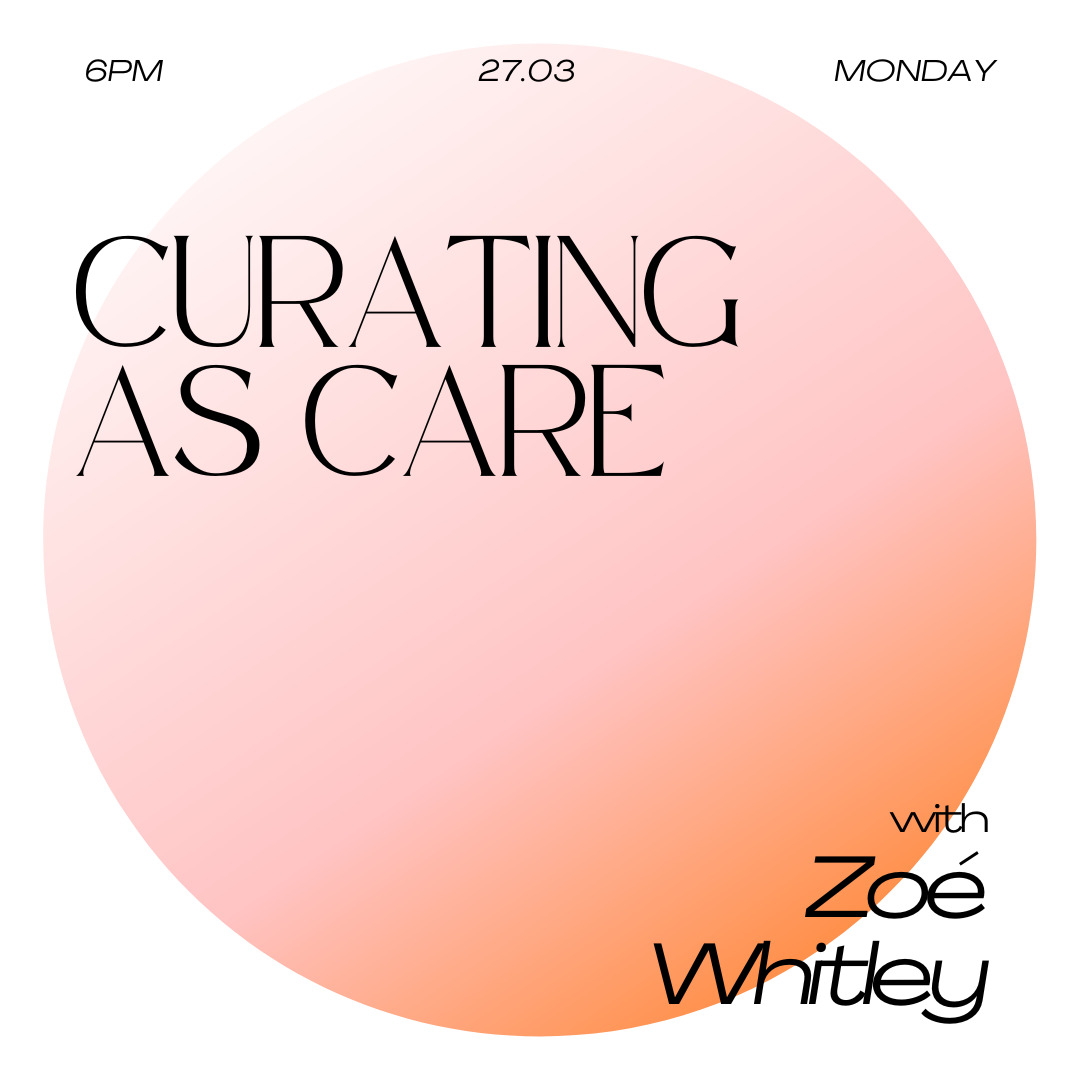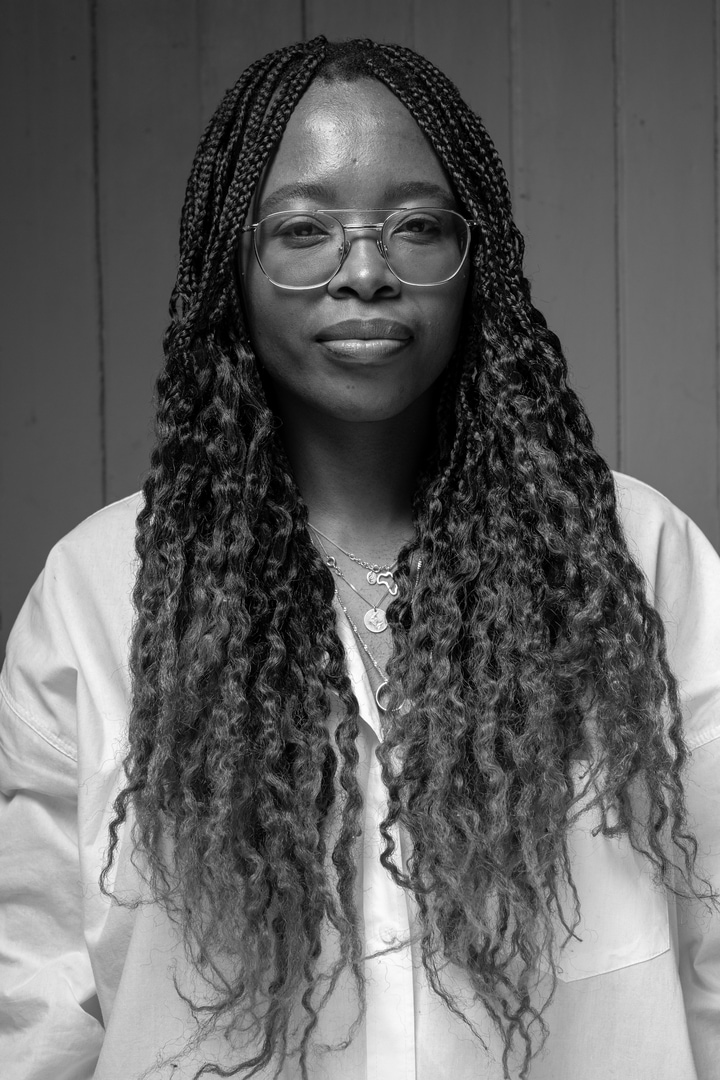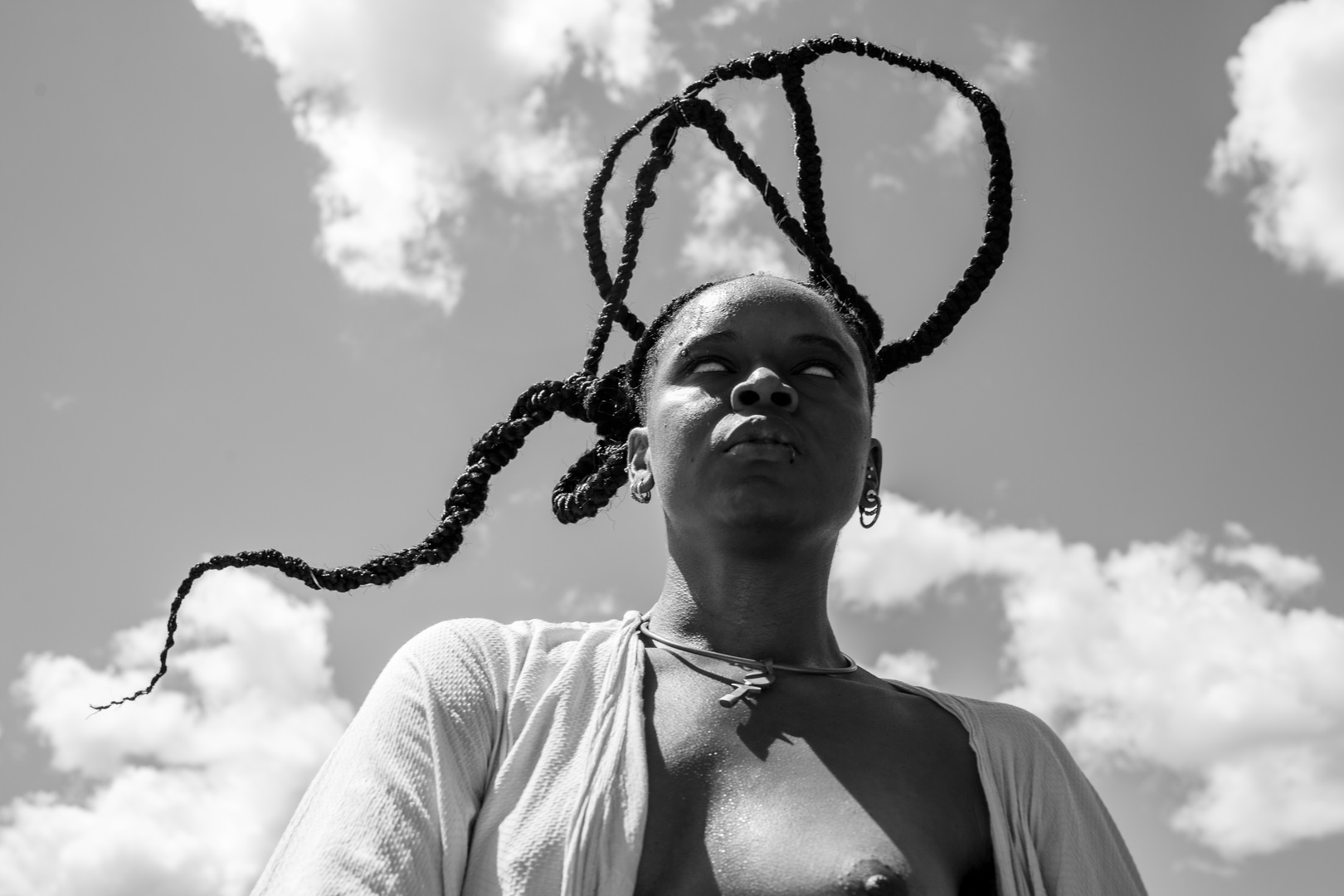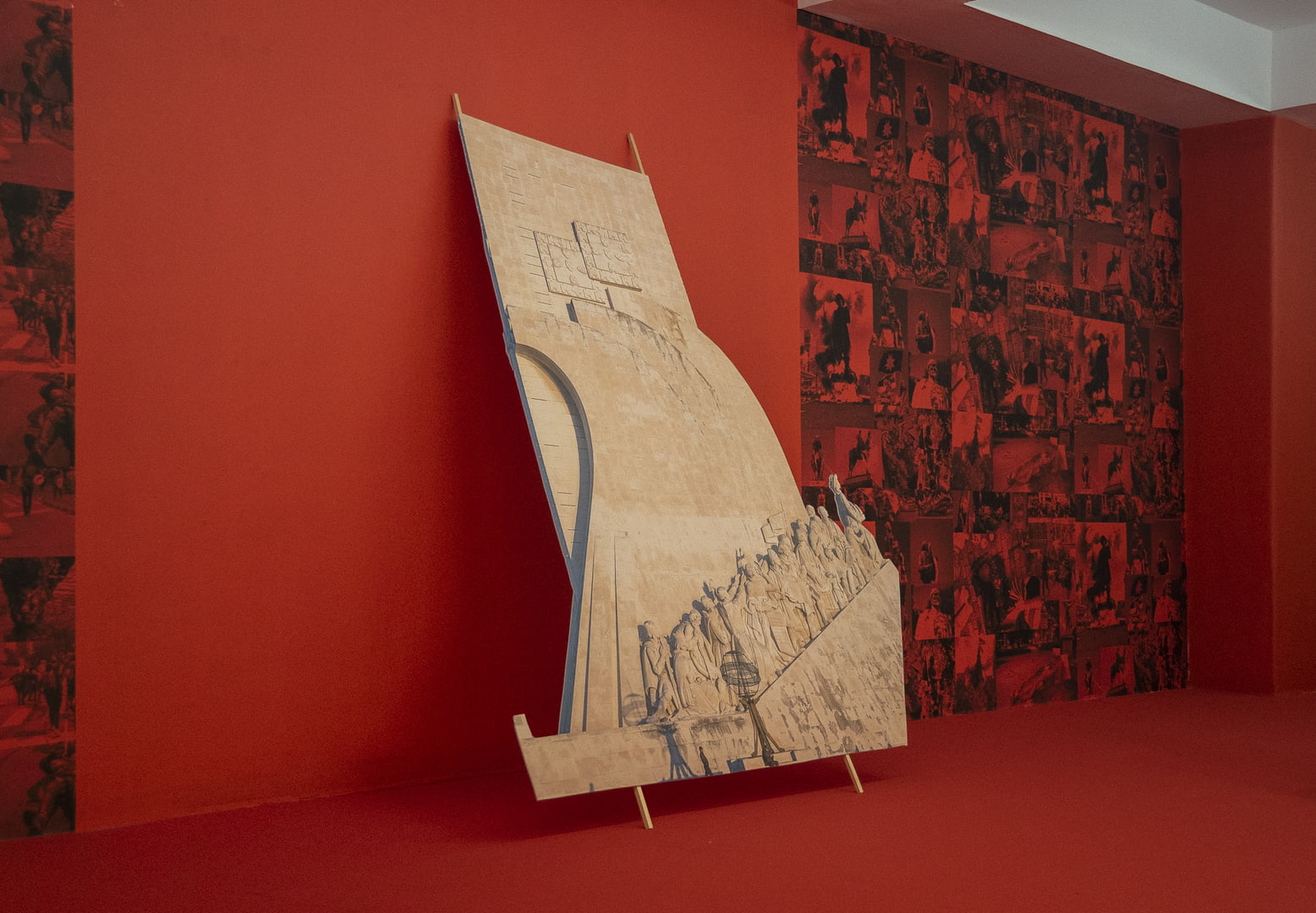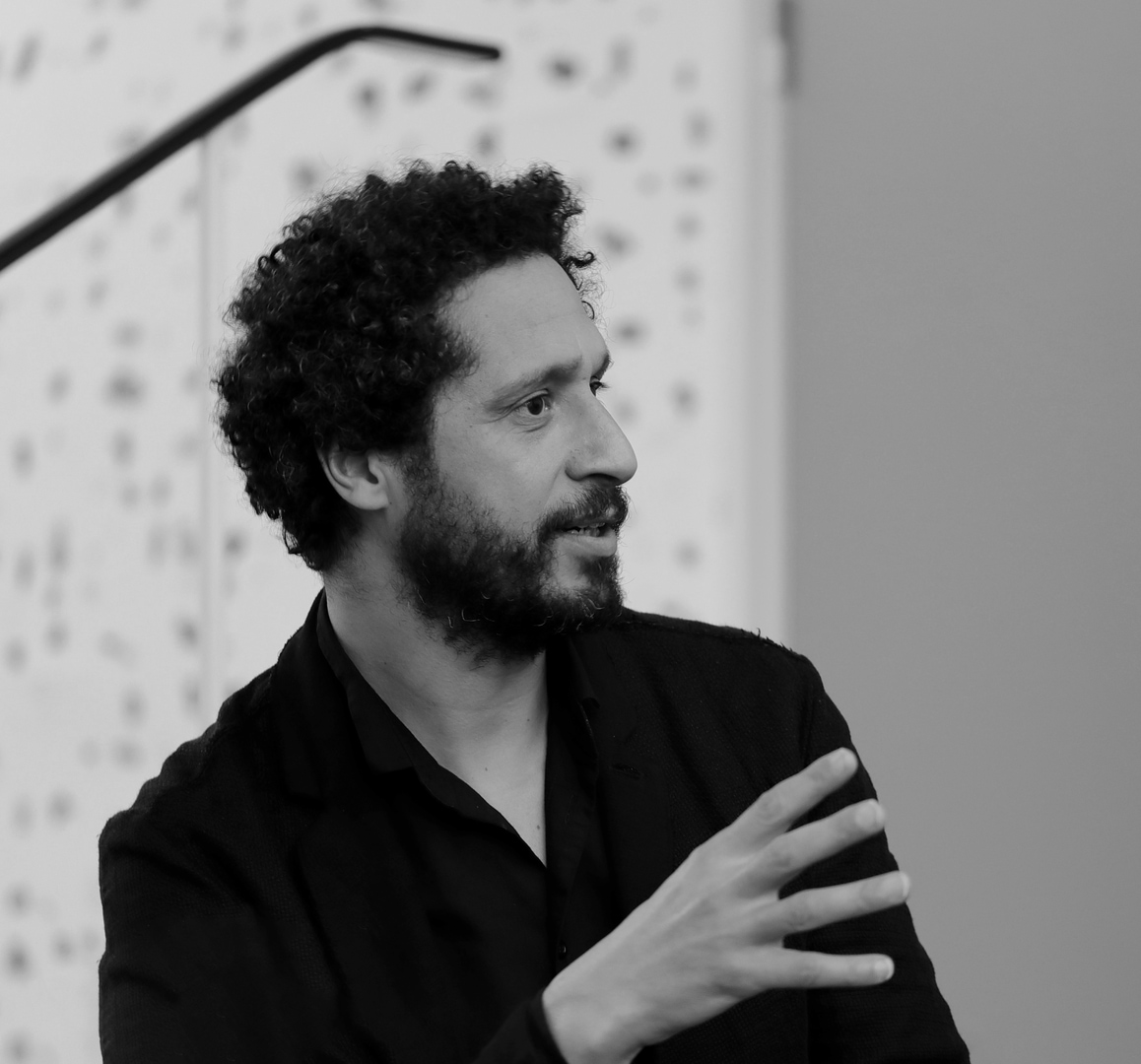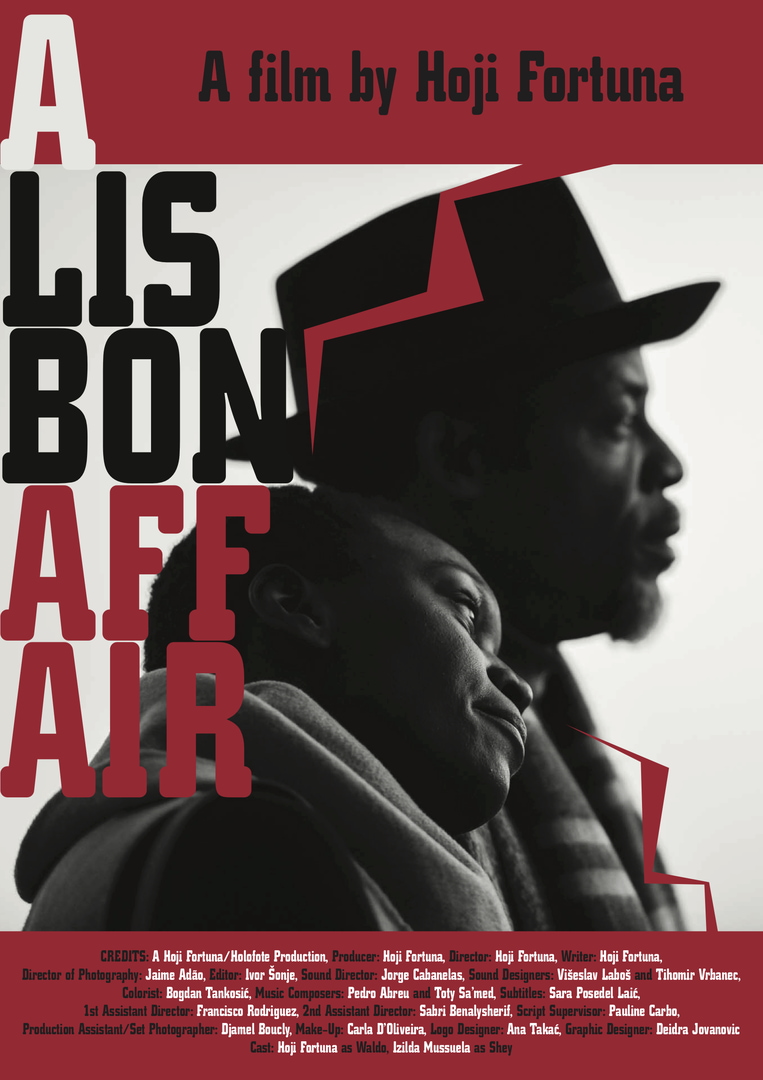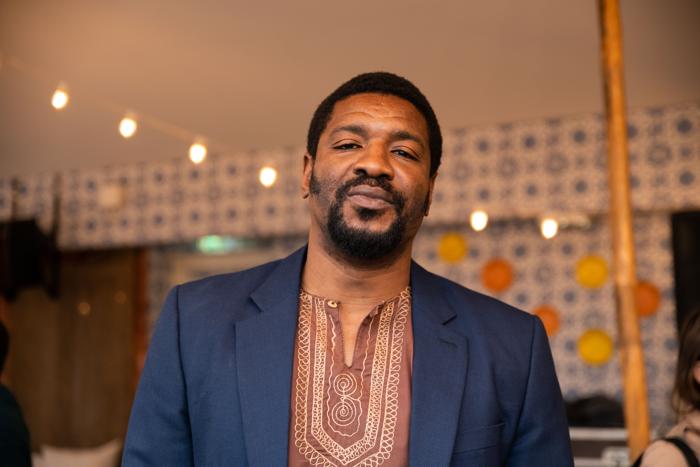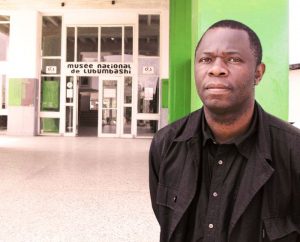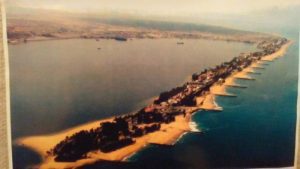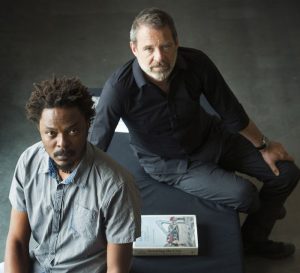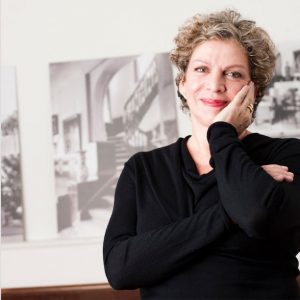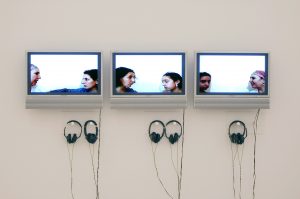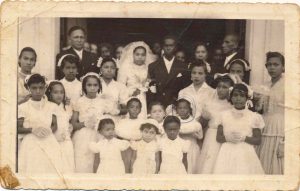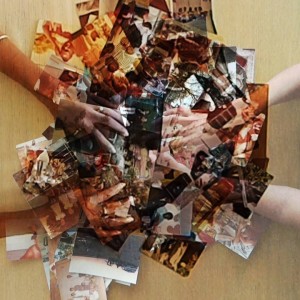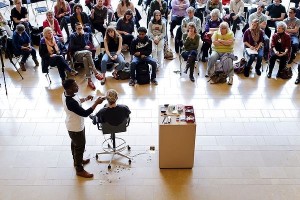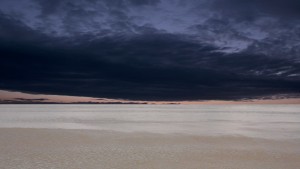The archive has recently emerged as a critical tool to conceptualize the heuristic value of history, heritage and memory in debates on postcolonial discourses. Responses to the colonial archive are a significant current in late 20th and early 21st century culture. In many different contexts and in a range of visual media, artists have critiqued and deconstructed dominant Western myths and stereotypes of identity. The theoretical issues that inform this subject include the relationship between aesthetics and politics, forms of resistance, the structure and operation of cultural stereotypes in visual cultures, questions of cultural agency, the relationship between postcolonialism and feminism, cultural hybridity, and cross-cultural borrowing and appropriation.
The post- archive is a video and photographic project to be develop by Mónica de Miranda as practice based research. It will take the form of a contemporary art archive presented as a web based platform. This archive will combine factual past and present contemporary experiences with history and memory intertwined with fictional re-imaginings of pos-colonial urban places and spaces through the place of the familiar and the genealogy of the personal spaces of the artist. These archive will be a study and practice of storing, cataloguing, and retrieving documents, photographs, videos, postcards, related to the city present postcolonial geographies of Lisbon and its contested territories, legacies, memories and identities. It will look to the figure of the artist as an archaeologist and ethnographer, who works as a personal archivist and ethnographer of histories and aims to recover and reconstruct memories and archives, to reveal how this shapes a relation to the past and the construction of historical meanings for the present understanding of reality.
Organização e coordenação científica: Mónica de Miranda.
Este projeto faz parte do projeto Pós-Arquivo: Política de Memória, Lugar e Identidade, CITCOM-CEC-FLUL
Este projecto foi produzido com financiamento nacional da FCT – Fundação para o Ciência e Tecnologia, IP, no âmbito do projeto UIDB / 00509/2020
Eventos
TALK – Participation after Artificial Hells
TALK – Artists Committed to the Archive
TALK – Towards a global idea of race
Curating as Care
Curating as a Practice of Love
Entre Anunciações e Miragens
A Lisbon Affair
Conversa com Emeka Ogboh
CONVERSA COM TOMA MUTEBA LUNTUMBUE
Christabelle Peters
Conversa com Sammy Baloji e Filip de Boeck
18:00 – 20:00
Hangar – Centro de Investigação Artística
CONVERSA COM IRIT ROGOFF
Entrada Livre
GRADA KILOMBA | CONVERSA COM A ARTISTA
Entrada Livre
CROSSWORDS – CROSSED WORLDS — Conversa
RITOS DE REGRESSO – POLÍTICAS DA MEMÓRIA E DA DIÁSPORA — Conversa
PERSONAL GEOGRAPHIES, ART AND THE SELF — Conversa
FAISAL ABDUL’ALAH
Arquivos pessoais: Memória, Identidade e Migração
GHOSTS | Personal archives: Memory, Identity and Migration | Artist Talk
Apoio
